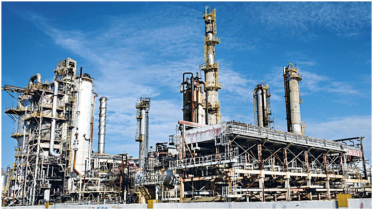Oil prices slip as Iraq resumes exports and OPEC+ considers output hike

Oil prices fell in early Asian trading on Monday, pressured by the restart of crude shipments from Iraq’s Kurdistan region and growing expectations that OPEC+ will approve another production increase in November. The moves fueled concerns about rising supply in an already fragile market.
By mid-morning, West Texas Intermediate (WTI) crude was down 0.85% at $65.16 per barrel, while Brent crude slipped 0.74% to $69.61. Both benchmarks pulled back after posting strong gains last week, when geopolitical tensions briefly lifted sentiment.
For the first time in more than two years, crude began flowing again through the pipeline linking Iraq’s Kurdistan region to Turkey’s Ceyhan port. The restart follows an interim agreement between Iraq’s federal government, the Kurdistan Regional Government (KRG), and international producers. According to Iraq’s oil ministry, exports will begin at 180,000–190,000 barrels per day (bpd), with the potential to rise to 230,000 bpd in the coming months. The United States had pushed for a settlement, viewing Kurdish exports as an important stabilizing factor in global energy supply chains.
The resumption of Kurdish flows comes as OPEC+ prepares to meet on Sunday. Sources close to the talks say the alliance is expected to approve at least a 137,000 bpd output hike, as members seek to balance market share with efforts to avoid accusations of restricting supply. Still, despite such pledges, the group has struggled to hit its own targets, producing nearly 500,000 bpd below quota in recent months due to structural constraints.
Last week’s oil rally—the strongest since June—was driven by reports of Ukrainian drone strikes on Russian energy facilities that temporarily curtailed Moscow’s exports. WTI and Brent both gained more than 4% for the week. However, renewed Russian missile and drone attacks on Kyiv and other Ukrainian cities over the weekend, while intensifying geopolitical risk, have not yet disrupted energy flows.
With supply returning and OPEC+ leaning toward another increase, traders are weighing the immediate pressure from additional barrels against the persistent threat of conflict-driven disruptions.
.png)




